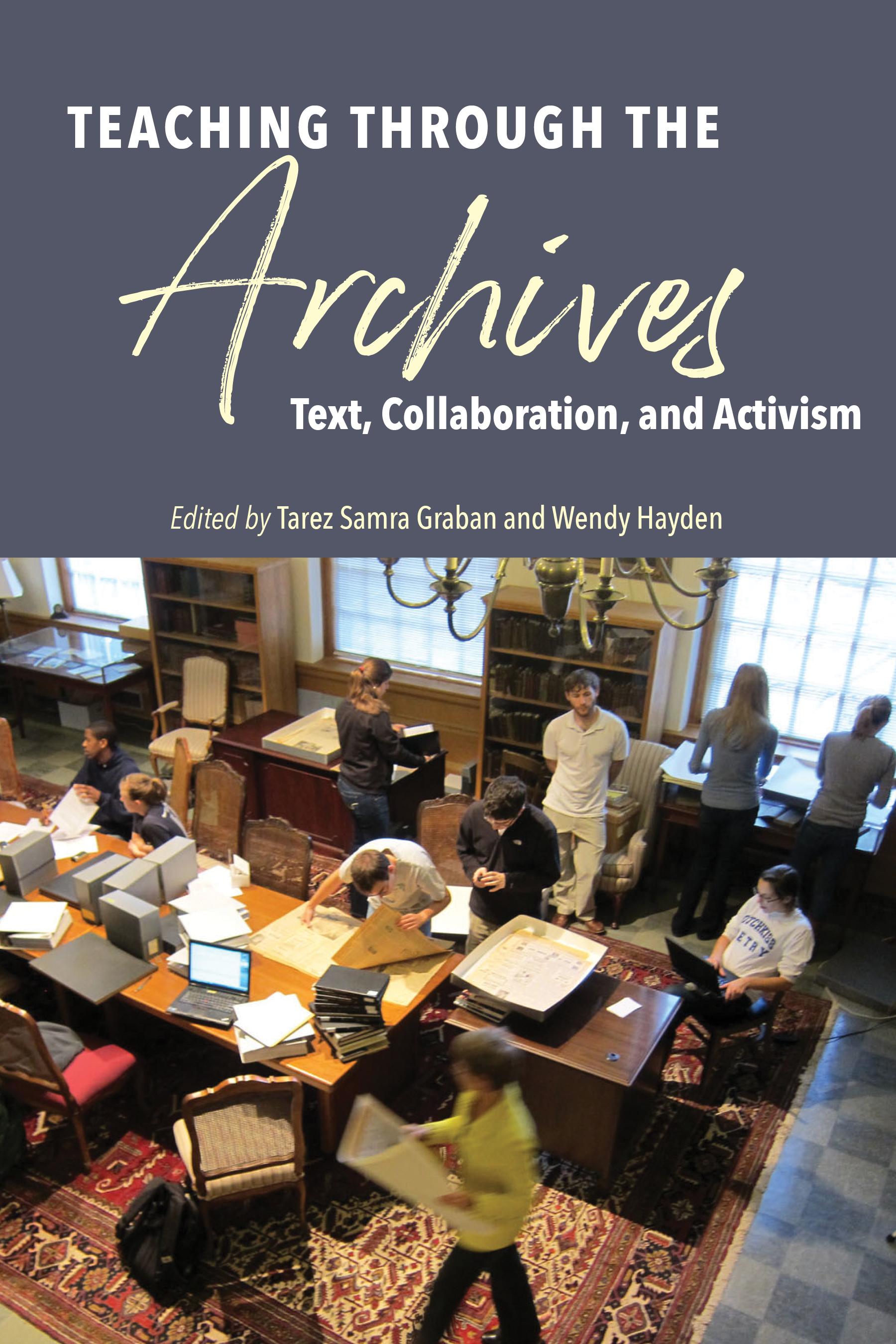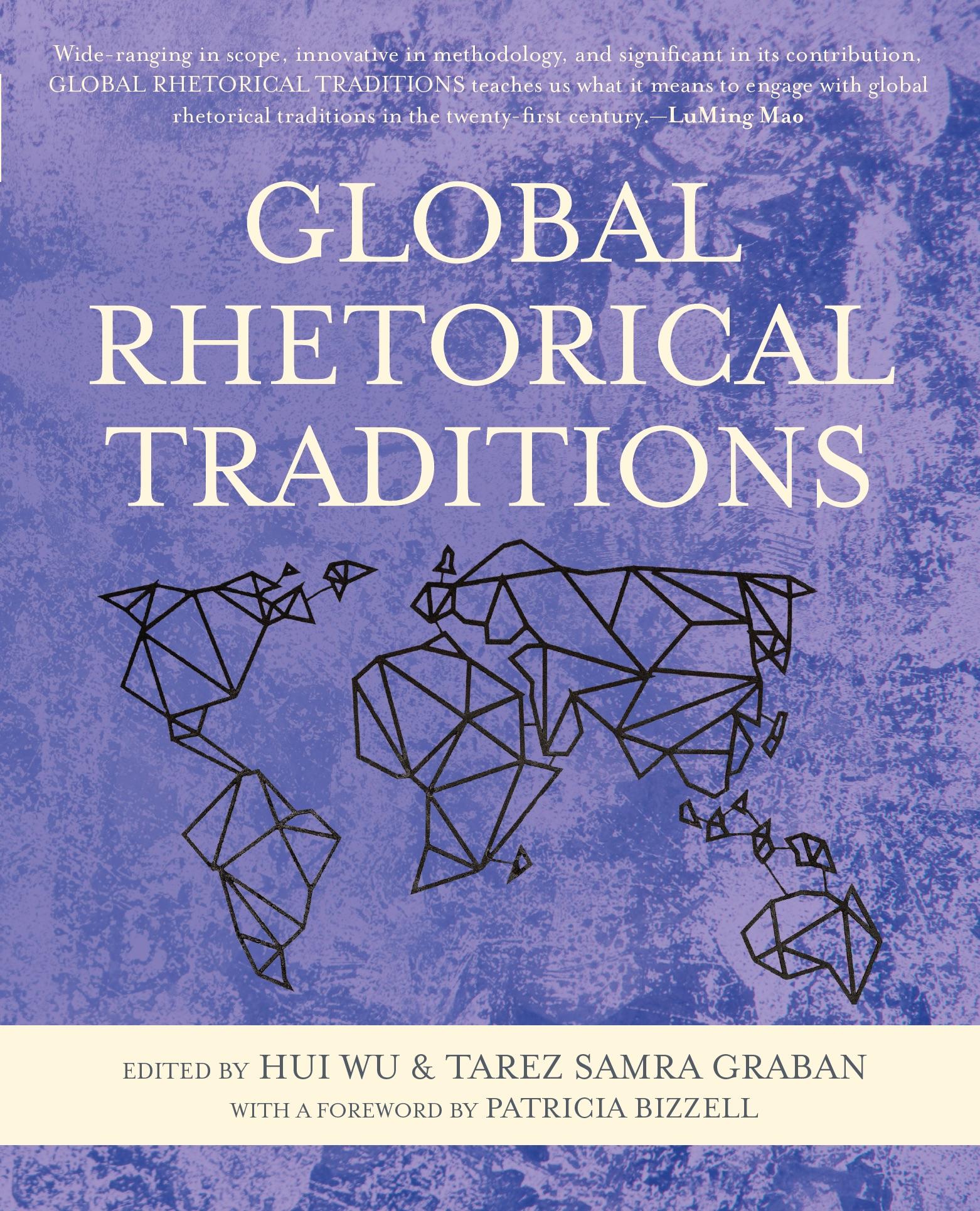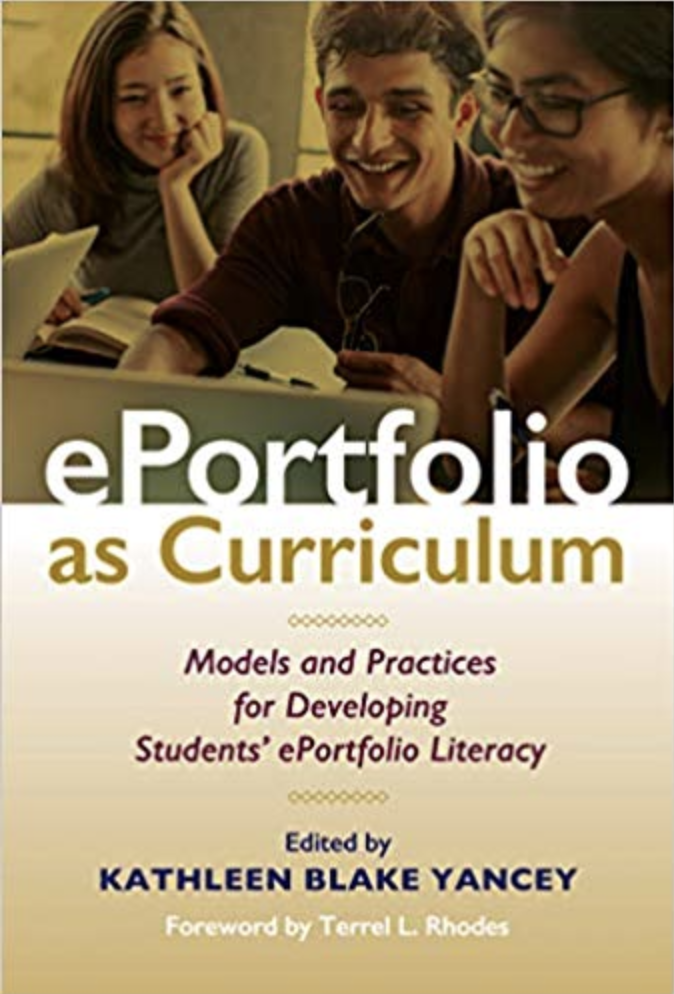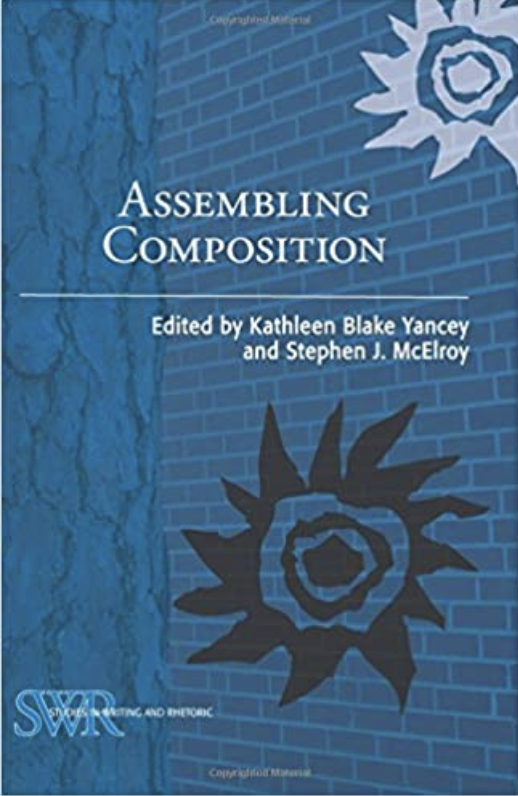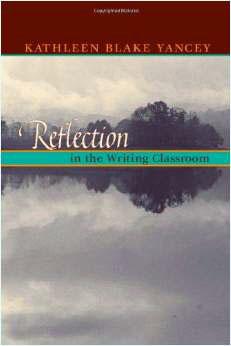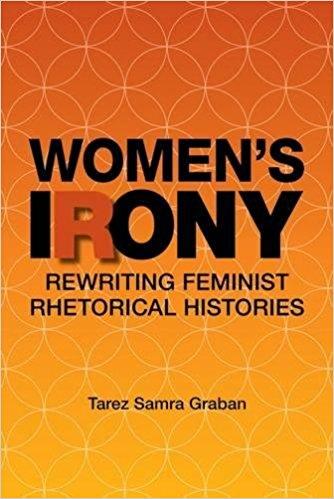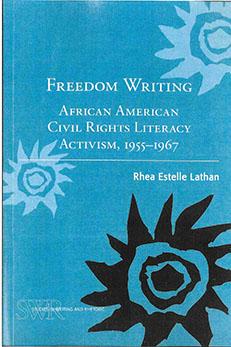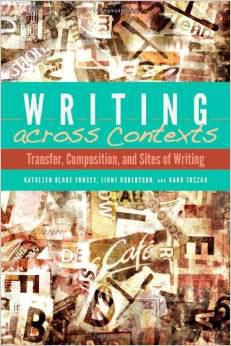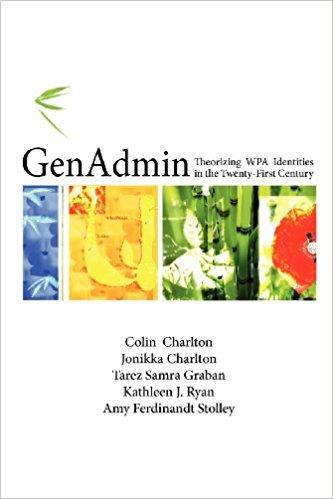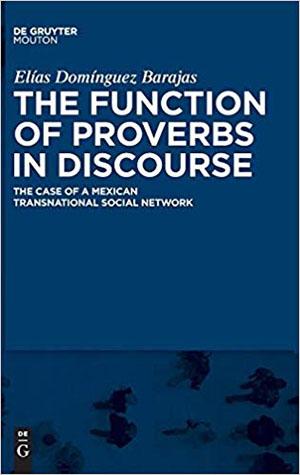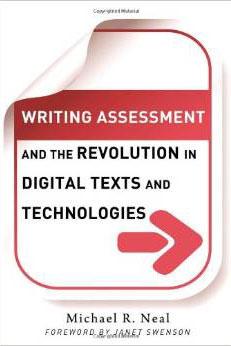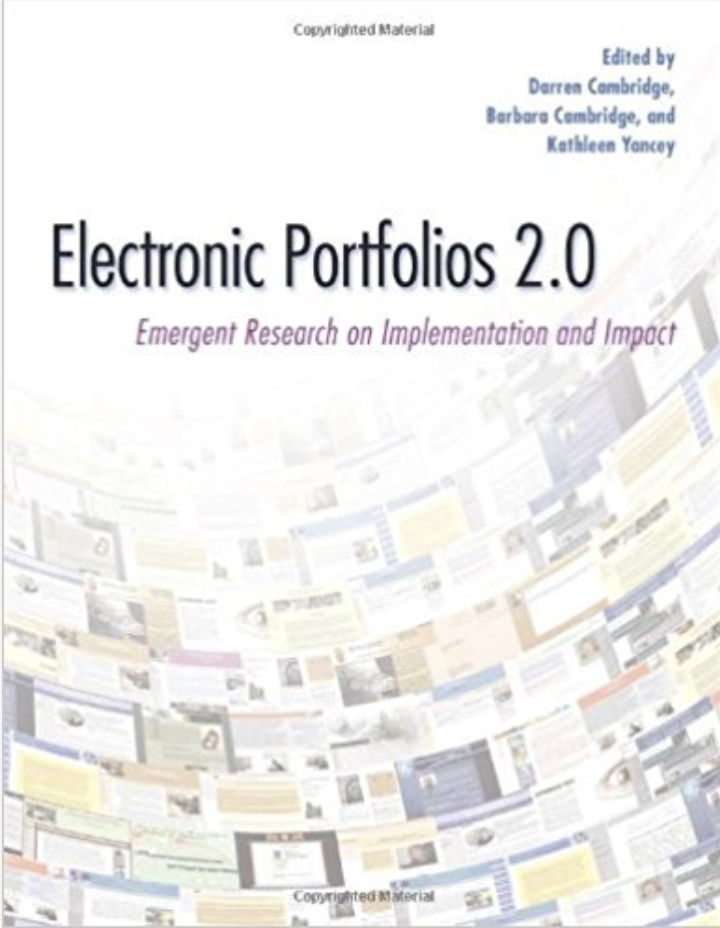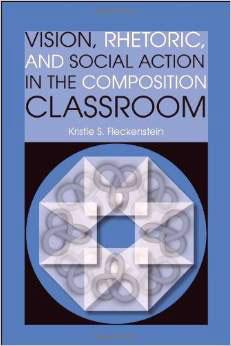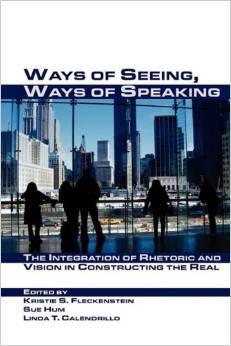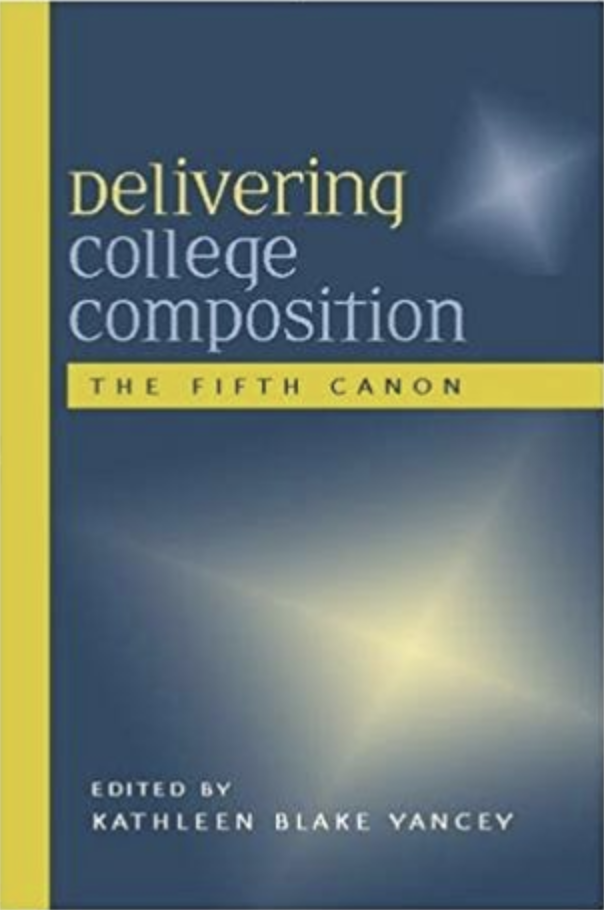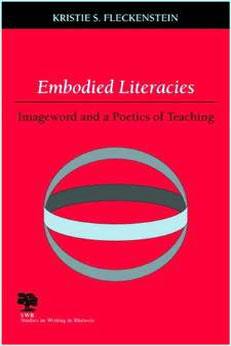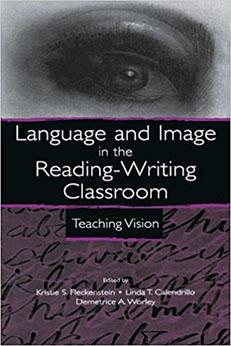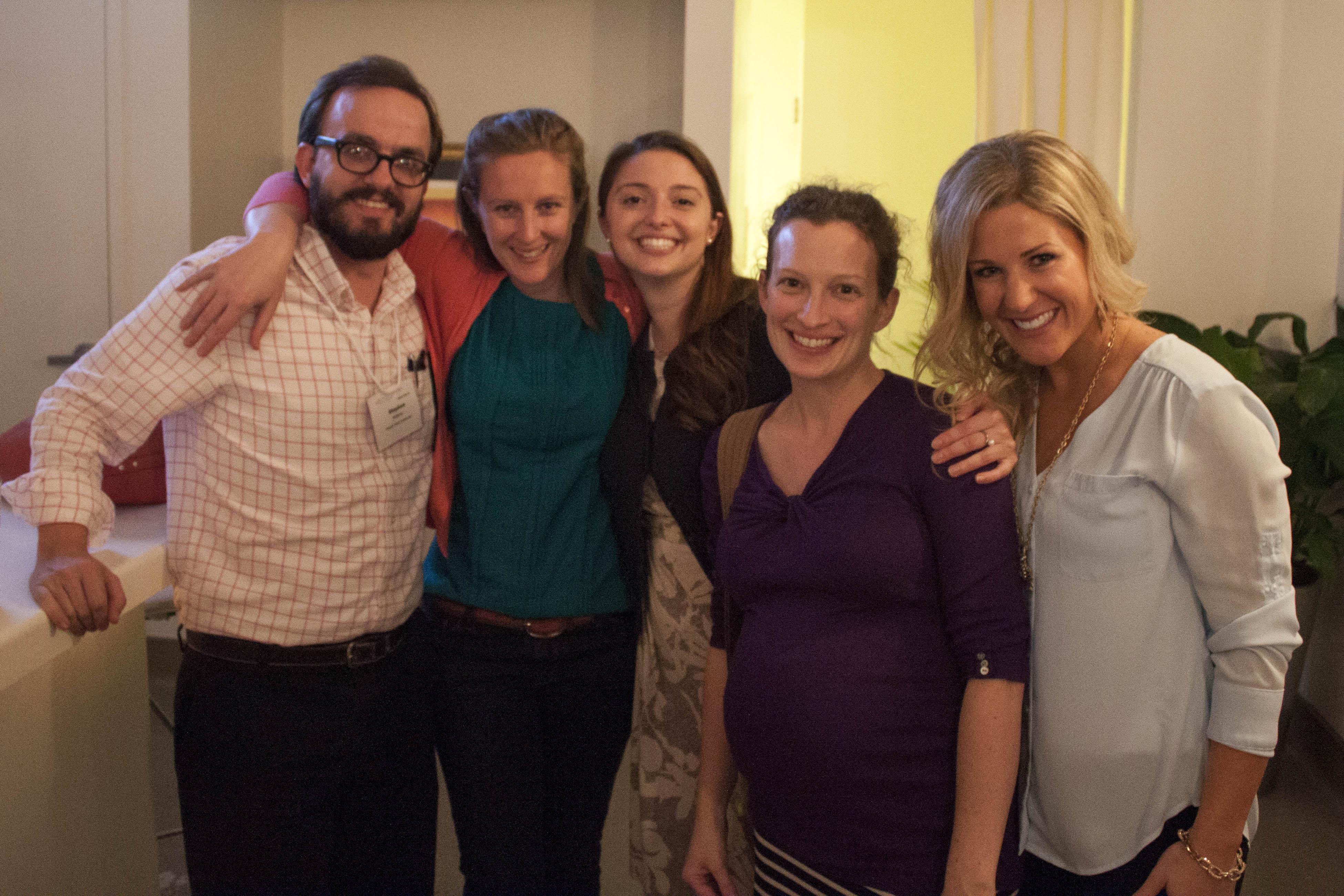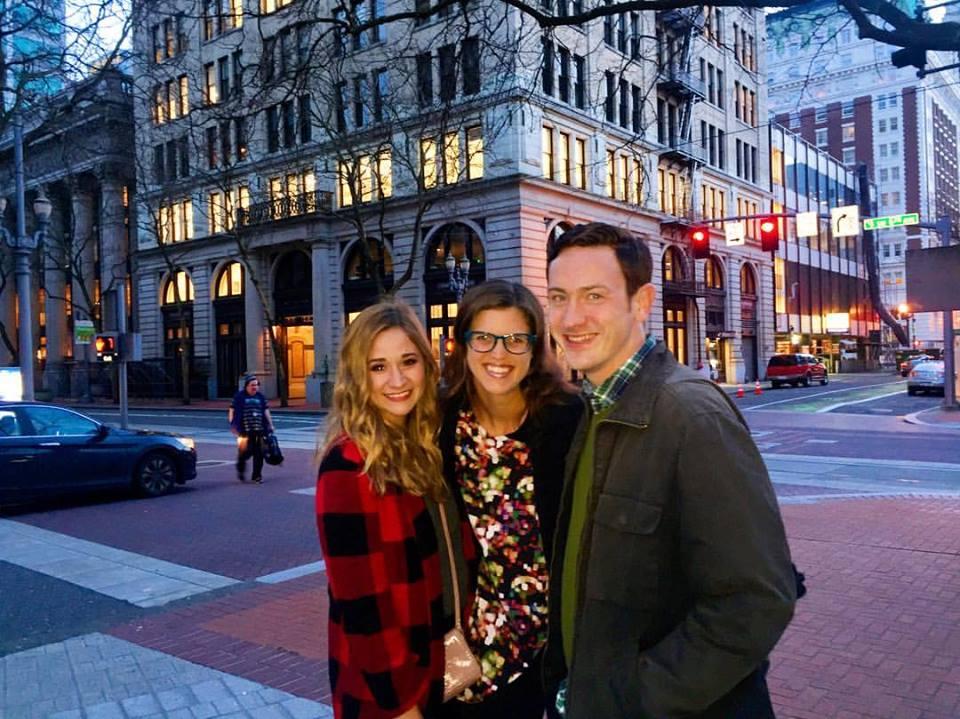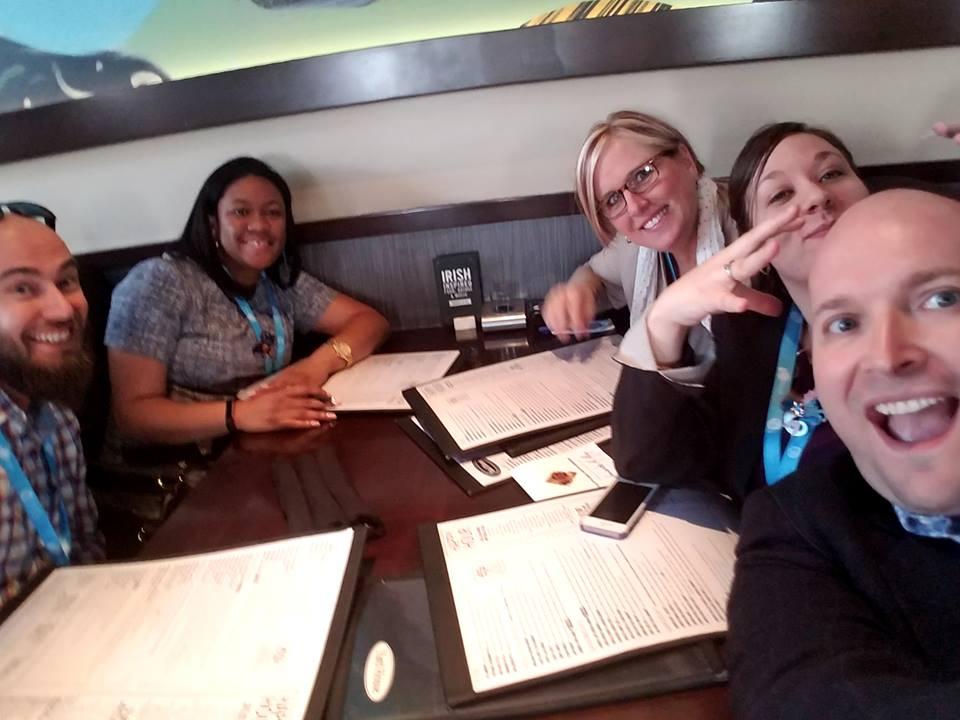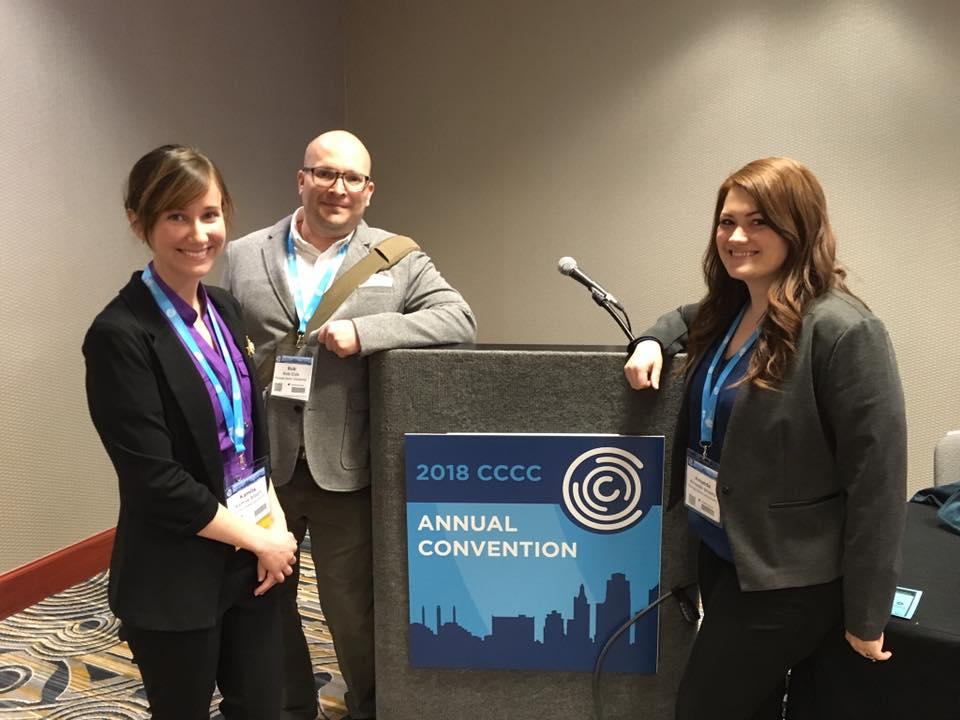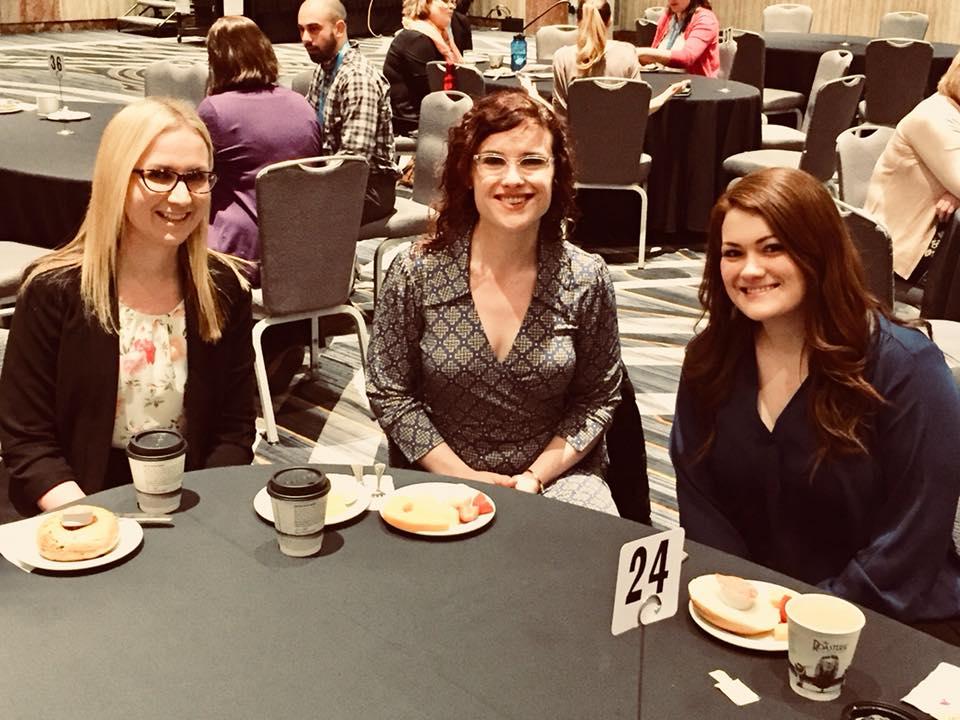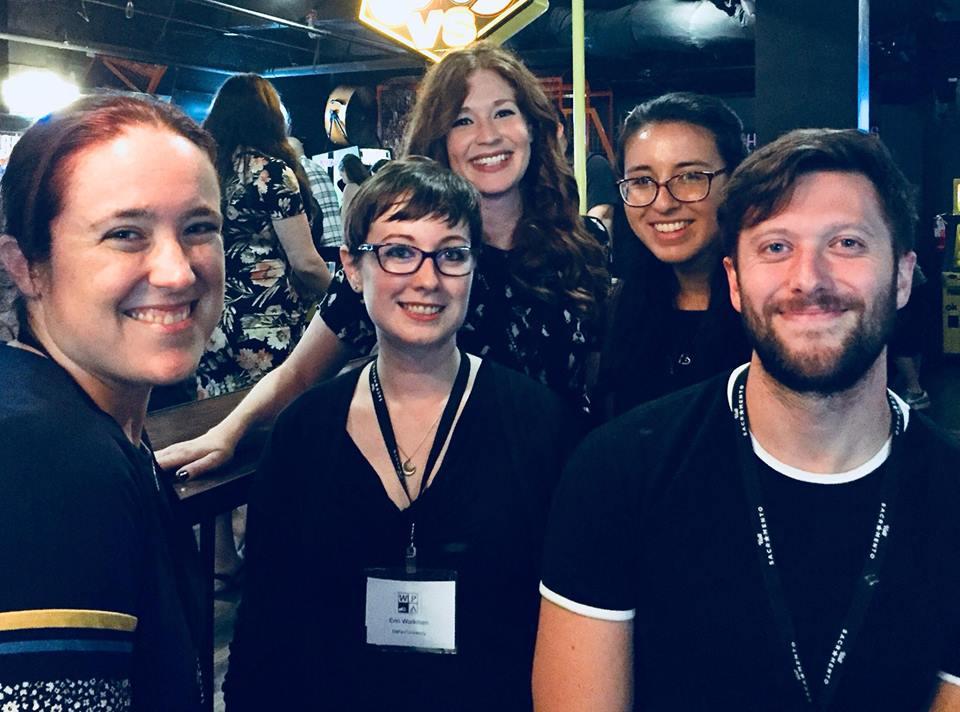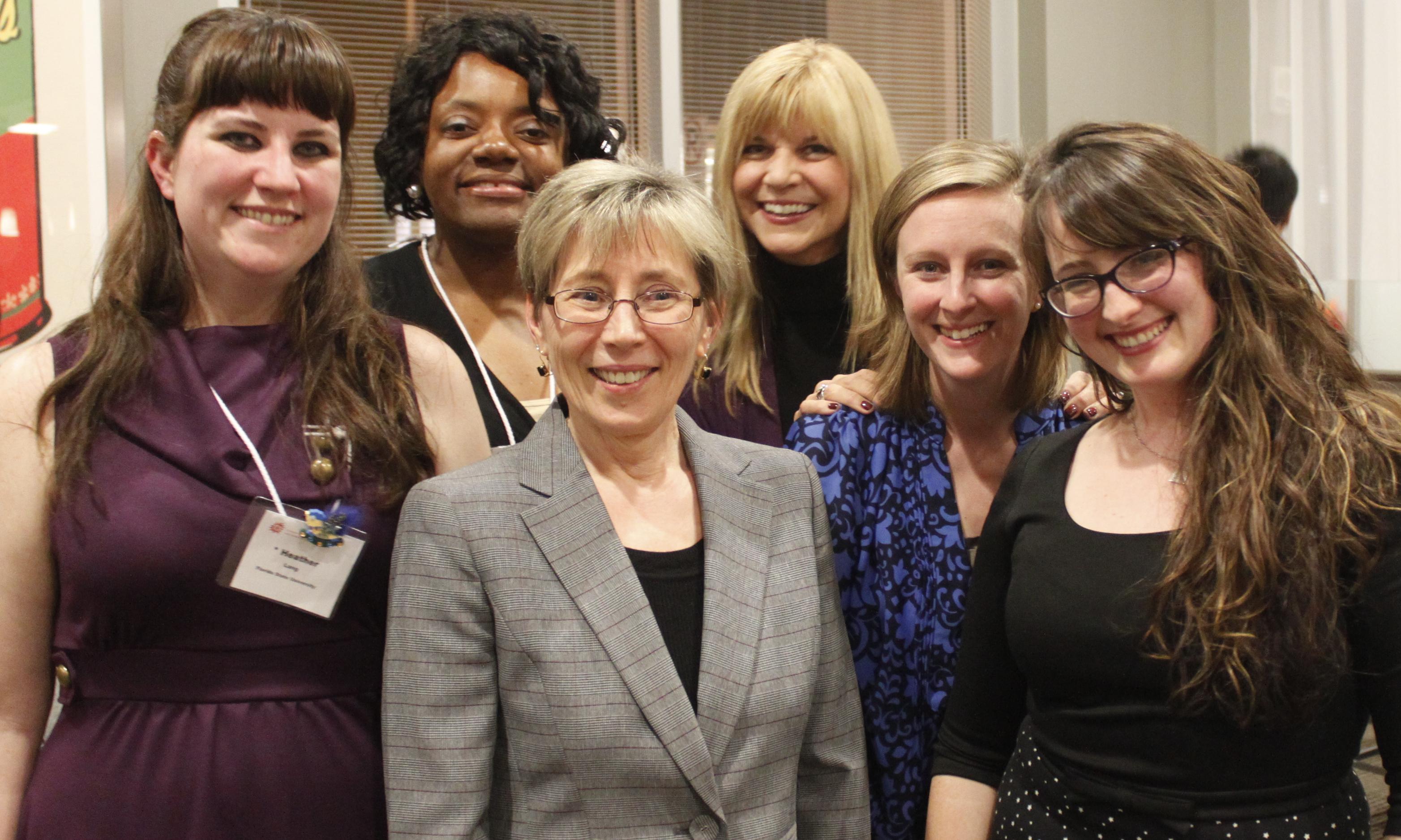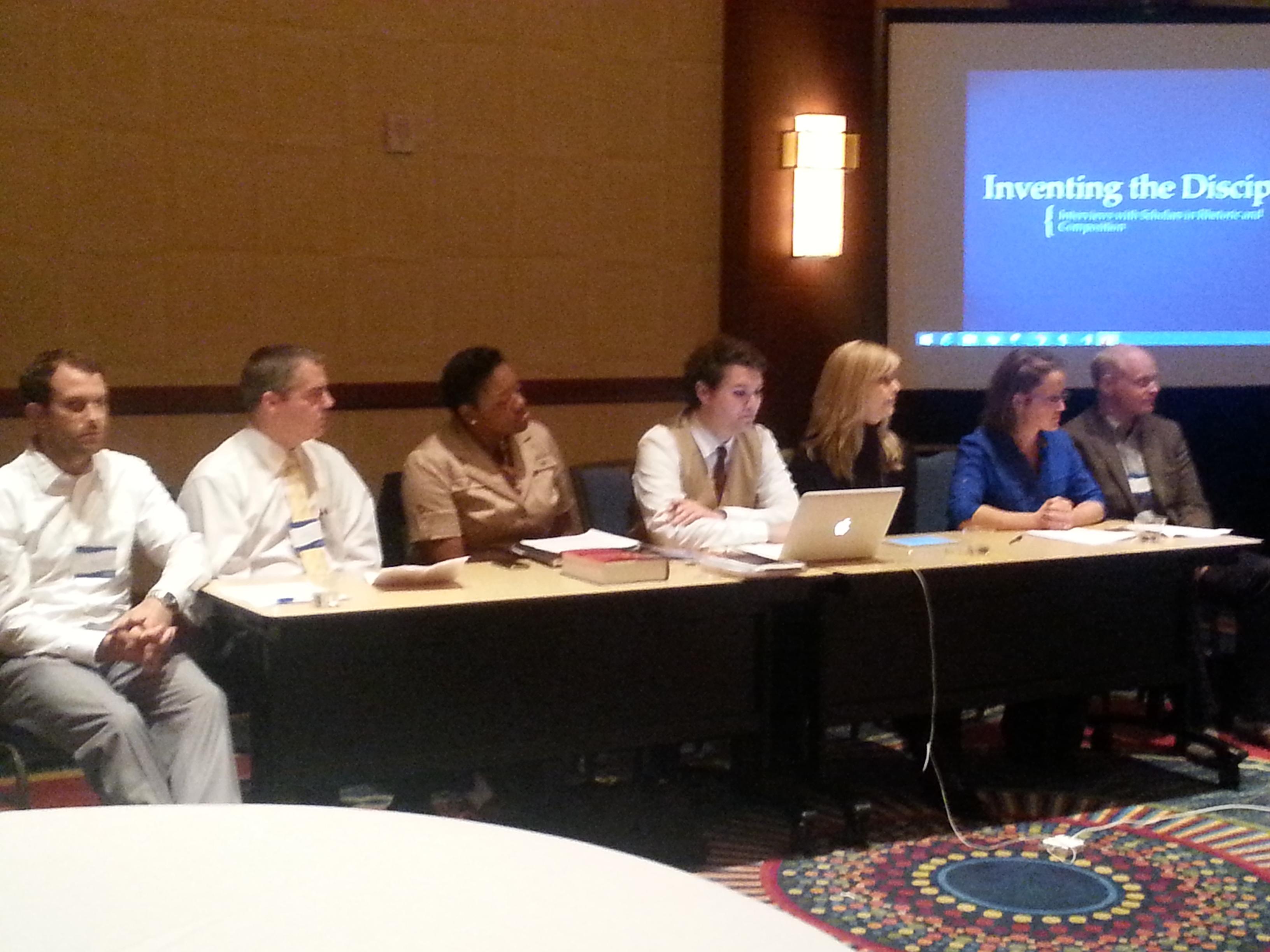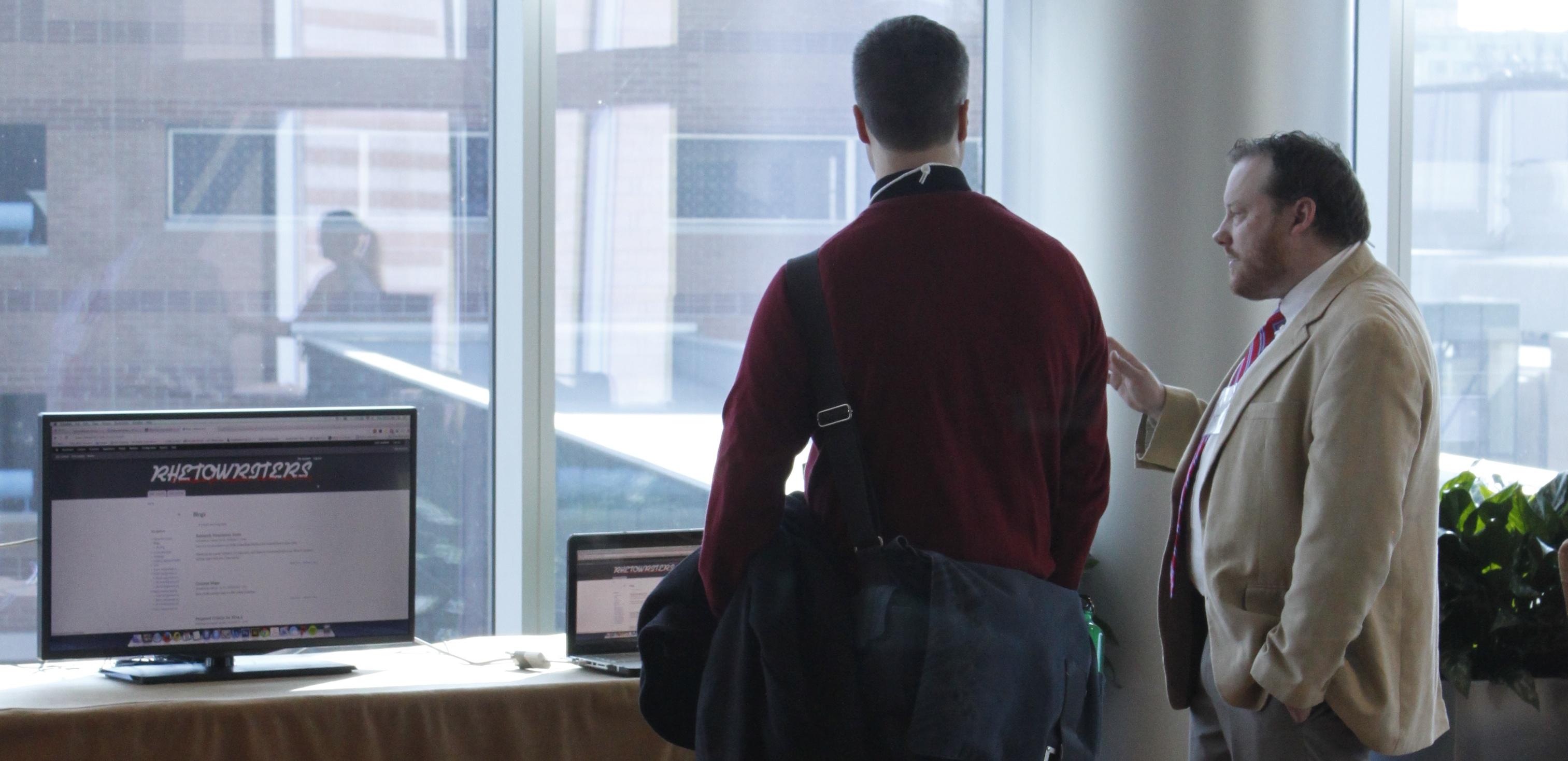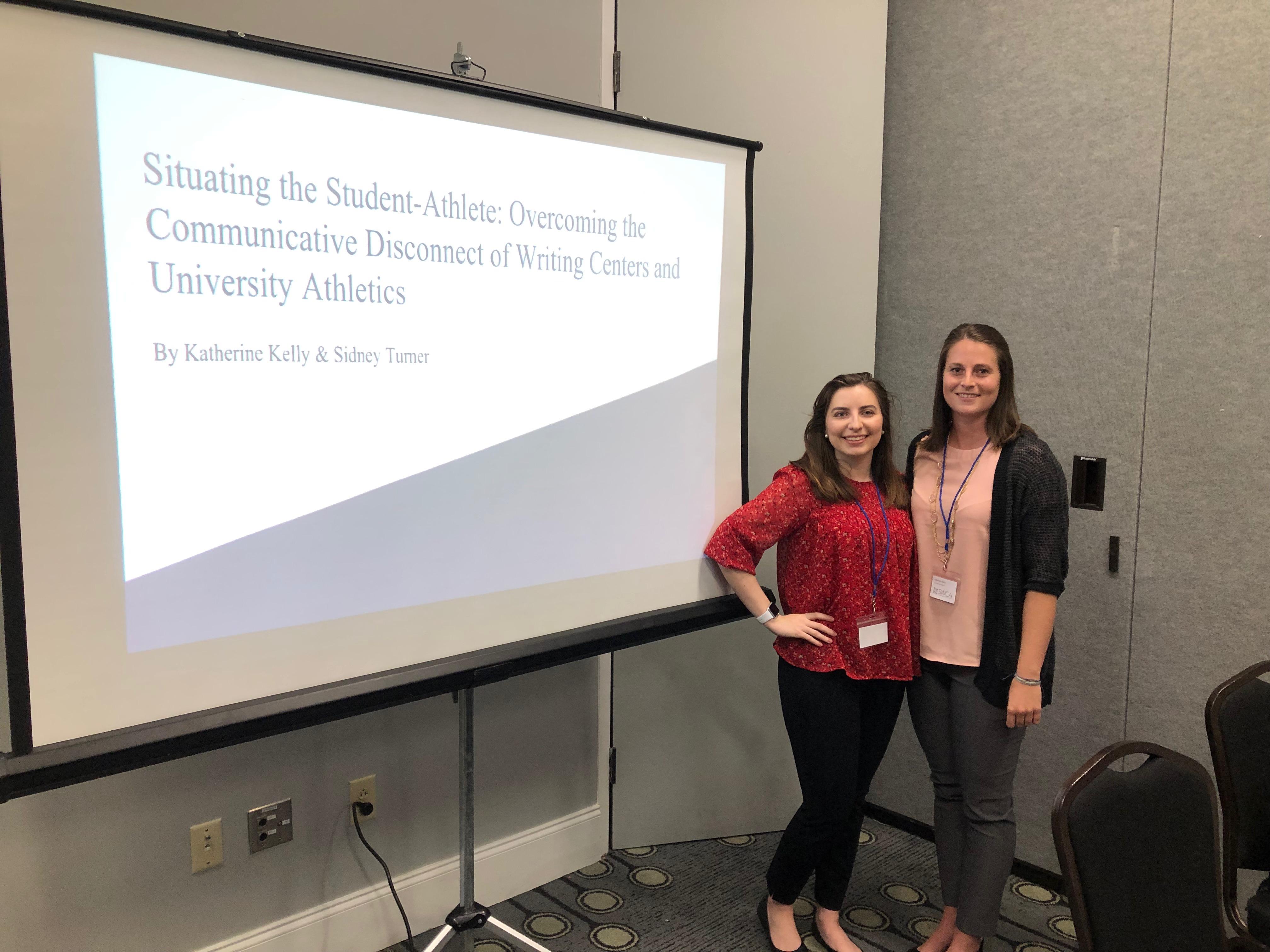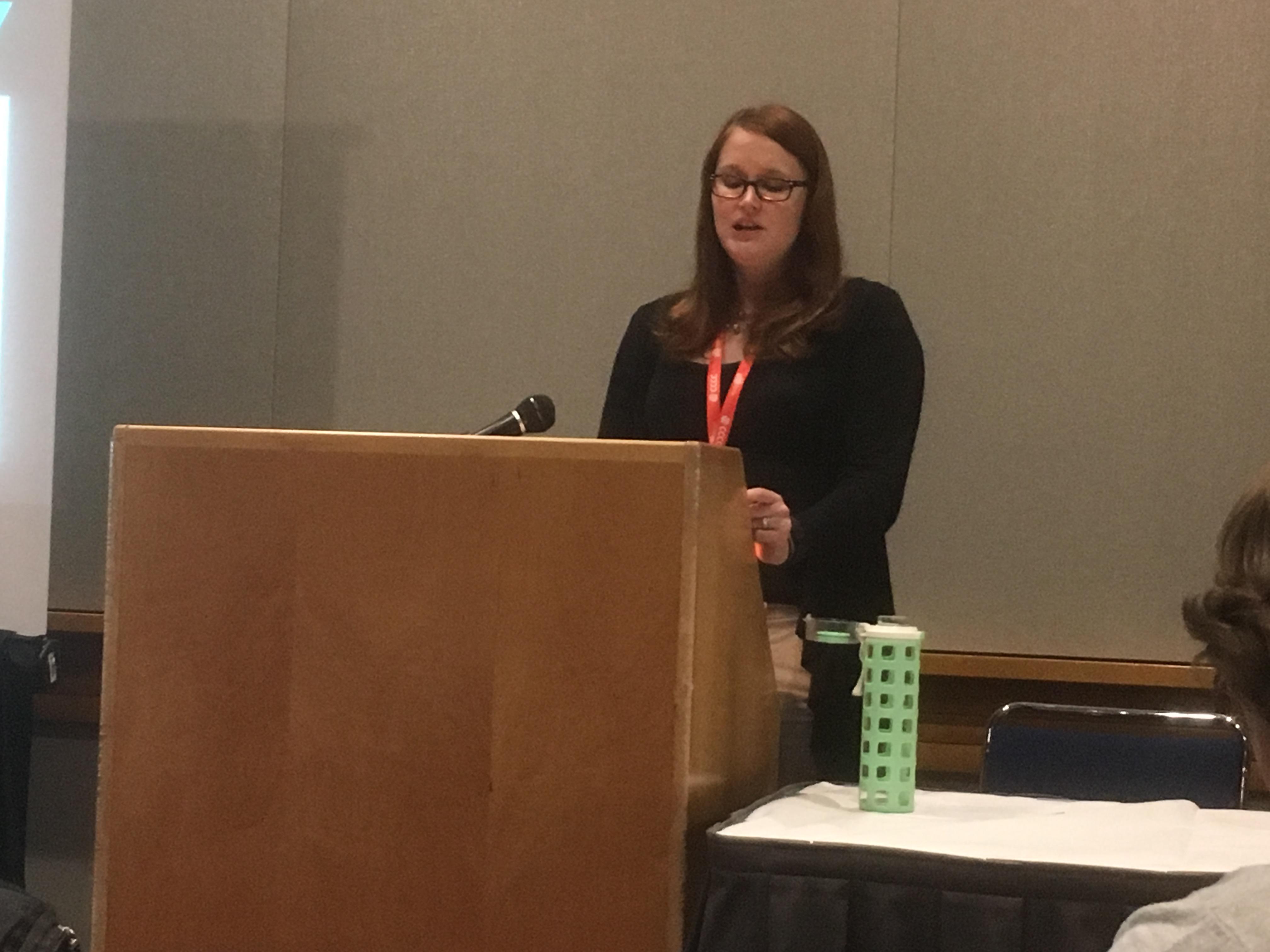Editorial and Archival Scholarship
Editorial work--which includes editing journals, editing book collections and special issues of journals--is critical to the publication and circulation of disciplinary scholarship. Here are a few highlights of some of the editorial work done by faculty and graduate students from FSU:
- Hui Wu and Tarez Samra Graban, Eds. Global Rhetorical Traditions. Parlor Press (2022)
- Tarez Samra Graban and Wendy Hayden, Eds. Teaching through the Archives: Text, Collaboration, Activism. Southern Illinois UP (2022)
- Tarez Samra Graban, Paul Marty, Allen Romano, and Micah Vandegrift: guest editors Digital Humanities Quarterly Special Issue - "Invisible Work in the Digital Humanities" (2019)
- Kathleen Blake Yancey, Rita Malenczyk, Susan Miller-Cochran, and Elizabeth Wardle: Eds. Composition, Rhetoric, and Disciplinarity. Utah State University Press (2018)
- Kathleen Blake Yancey and Stephen J. McElroy: collection editors Assembling Composition. National Council of Teachers of English (2017)
- Kathleen Blake Yancey: collection editor A Rhetoric of Reflection, Utah State UP (2016)
- Tarez Samra Graban and Shirley K. Rose: guest editor Peitho Special Issue - "The Critical Place of the Networked Archive" (2014)
- Kathleen Blake Yancey, Emily Baker, Scott Gage, Ruth Kistler, Rory Lee, Natalie Syzmanski, Kara Taczak, and Jill Taylor: guest editors Across the Disciplines Special Issue of Writing across the Curriculum and Assessment (2009): http://wac.colostate.edu/atd/assessment/index.cfm.
- Kathleen Blake Yancey: editor College Composition and Communication (2001-2005)
Archival research includes work with primary sources that either seeks data from archival records, collecting and curating records for the archives, or some combination of these activities. While traditional archiving is often thought to be the providence of libraries, museums, government, religious institutions, etc., Rhetoric and Composition has undergone what some call an "archival turn." The Rhetoric and Composition Program hosts two home-grown archival collections--The Museum of Everyday Writing and FSU Postcard Archive--and several faculty and graduate students are involved in an array of archival research, including Tarez Graban's notable Linked Women Pedagogues Project.
The Linked Women Pedagogues Project
In the absence of women's published or publicly circulating texts, how can rhetorical historians recover their pedagogical and administrative work, and what can that recovery teach us about our disciplinary histories in rhetoric, writing, literacy, and communication? The Linked Women Pedagogues (LWP) Project answers that question by tracing their intellectual work through the migration of people, motives, texts, curriculum, and ephemera—all as reflected in institutional and archival metadata. LWP is the prototype for a digitally crowd-sourced tool intended to help preserve, analyze, and make accessible information about unprocessed, obscure materials written by minoritized women pedagogues that have influenced the development of rhetorical studies since the 1890s.

LWP was conceived by Tarez Samra Graban in 2011 as a concept for moving feminist historiography in rhetoric and writing studies beyond building digital exhibits and recovery models that favor static locations, figures, and texts. It was inspired by her interests in data networks and the digital humanities, which favor historical methodologies that look for significant activity in knowledge circulation, rather than in traditionally defined locations, texts, or events. Since 2013, the project has undergone several collaborations, and a hosted URL is now in progress. In its final form, LWP will integrate visualization tools with topical ontologies in order to trace—transhistorically—the critical locations of women's intellectual work in rhetoric and writing studies since the Progressive Era. Critical locations are the ongoing interactions between where women's pedagogical and administrative activities have been performed or experienced, and where historians' ideas of women's pedagogical activities are documented or formed. In its experimental stages, LWP is accepting small data sets or groups of records to help determine the parameters of its ontology and the possibilities for visualization. If you would like to join the collaboration, have data sets to contribute, or have any questions about what kinds of data to contribute—large or small—please feel free to contact Tarez directly at tgraban@fsu.edu. For more about the development of this project, see "From Location(s) to Locatability: Mapping Feminist Recovery and Archival Activity through Metadata" in College English 76.2 (November 2013).
The Museum of Everyday Writing (MoEW)
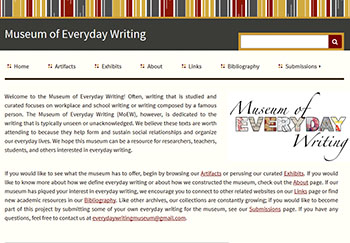
The Museum of Everyday Writing (MoEW) is dedicated to writing that is often unseen or unacknowledged: everyday writing, or that which is composed by ordinary people in non-academic and non-professional contexts and which represents the literacy practices through which ordinary people maintain relationships and structure their lives. These materials complement and enrich the more traditional archives of academic, literary, or professional writing or writing that is composed by a famous person. Co-founded by Jennifer Enoch, Megan Keaton, and Sarah Marshall, the Museum provides a space where everyday writing--which includes a variety of written, visual, and aural texts from letters to graffiti to scrapbooks--can be curated and studied. The Museum houses artifacts that can be used for research in everyday writing and literacy studies, multimodality, materality, visual design, and many other areas. In addition to the artifacts themselves, the MoEW hosts exhibits, composed by Museum contributors and interns, that serve as examples of scholarly research based on everyday writing.
The FSU Card Archive
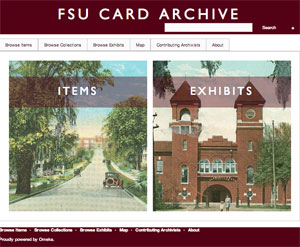
The FSU Card Archive is a collection of over 5500 postcards and over 200 exhibits, created mostly by student archivist. Co-founded by Stephen McElroy, Katie Bridgman, and Michael Neal in 2011, this archive is a site for research into visual rhetoric, material productions of everyday writing, social politics, and representation. Each postcard re-presents a moment in time, a slice of history that reflects the cultural values, the available technologies for printing and circulation of texts, and the language of a particular time and place. Often overlooks as unimportant texts, we believe examples of common texts like postcards can serve as important historical and cultural documents in part because they were accessible and used widely, especially in the early 20th century: the golden age of postcards. The archive also allow visitors to curate their own exhibits to be published within the site for future visitors. Anyone can visit the site (located at https://english3.fsu.edu/fsucardarchive/) and peruse the contents. If individuals or classes are interested in building exhibits and adding content to the site, please contact Michael Neal (mrneal@fsu.edu) for permissions. The theory and reflections on creating the archive were published in "Making Meaning at the Intersections: Developing a Digital Archive for Multimodal Research" by Neal, Bridgman, and McElroy in Kairos 17.3., which won the 2014 Computers and Composition Michelle Kendrick Outstanding Digital Production/Scholarship Award.

